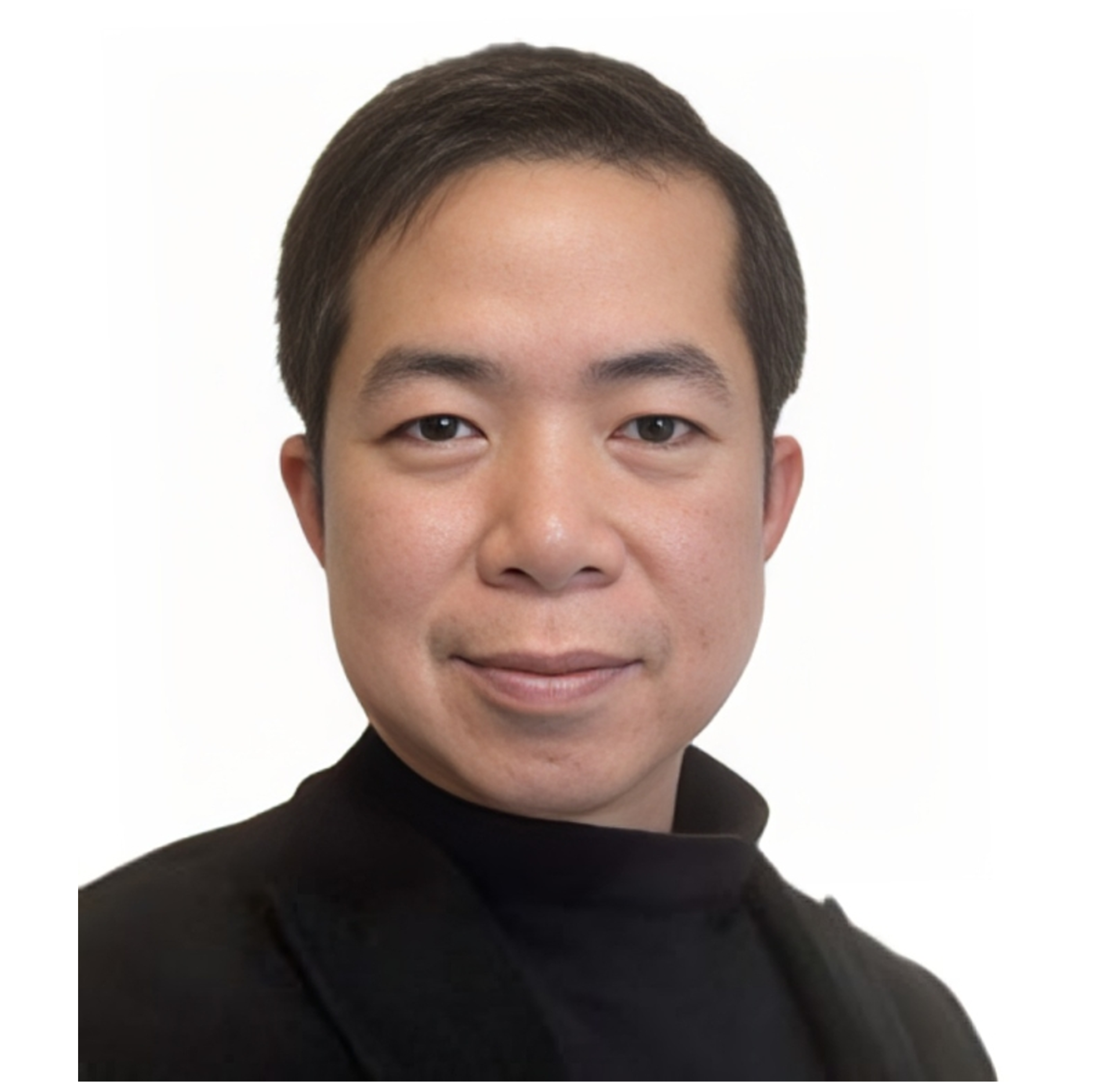
Our Speakers

Dr. Vuong Khanh Toan
Hanoi Architectural University /Ecole Nationale Supérieure d’Architecture de Toulouse
- toanvk@hau.edu.vn
- +84 90 625 6399
About the speaker
PhD. Vuong Khanh Toan is a lecturer at International Institut of Traning and Cooperation of Hanoi Architectural University (HAU).
Currently, he is a doctoral candidate specializing in collective housing at Laboratory of Research in Architecture (LRA) of Toulouse school of Architecture (ENSA Toulouse).
His recent researches focuses on the development of collective housing to meet the housing needs of the Hanoi metropolish, aligning with the direction of sustainable development.
Paper Abstract
- How has commercial apartment development progressed rapidly in Hanoi ?
- How the development of apartment buildings affects other economic and social sectors?
- What are the common points to develop collective housing in order to reinforce adaptability and resilience of urban transition?
Paper Abstract
The cohesion of commercial collective housing of Hanoi’s industrial revolution, urbanization, and sustainable development challenges
Nowadays, as an emerging country, we can see how much the appearance and urban life in Vietnam have changed since the beginning of the 21st century. Contributing to that is residential spaces with an important role in the national economy and society. Among these, commercial apartment buildings have rapidly emerged since the late 1990s and become a dominant model in Hanoi areas. Urban housing is a complex field and closely related to many other fields in urban and technological life style. Therefore, our research has a multidisciplinary and interdisciplinary approach with economic, social, technological, environmental, and cultural. Preliminary results have shown that commercial collective housing plays a multidisciplinary role through its self-values as the living space of humans with many other species of flora and fauna over many periods. For sustainable urban development, local identity and environmental factors need to be adequately counted along with economic factors, depending on different periods. In the context of globalization and
technological breakthroughs that allow exchanges can be easier than ever, in anytime and anywhere. This context causes urban space and society to constantly expand, separate, and restructure. With the ability to be linked by common elements of identity and local, regional environment, they need to be selectively preserved and promoted accordingly in the development of real estate. The research direction, focusing on apartment complexes in Hanoi, Vietnam, has found some common points to develop in a balanced and coherent way, in order to reinforce the adaptability and resilience of urban spaces in transition.
Quick Links
Contact Info
- Ringroad 4, Thoi Hoa Ward, Ben Cat Town, Binh Duong Province, Vietnam
- (+84) 28 3820 3240
- auc2024@vgu.edu.vn
Newsletter
Stay updated with our latest news and exclusive offers – subscribe to our newsletter below

Copyright © 2023 by Vietnamese-German University. All rights reserved.